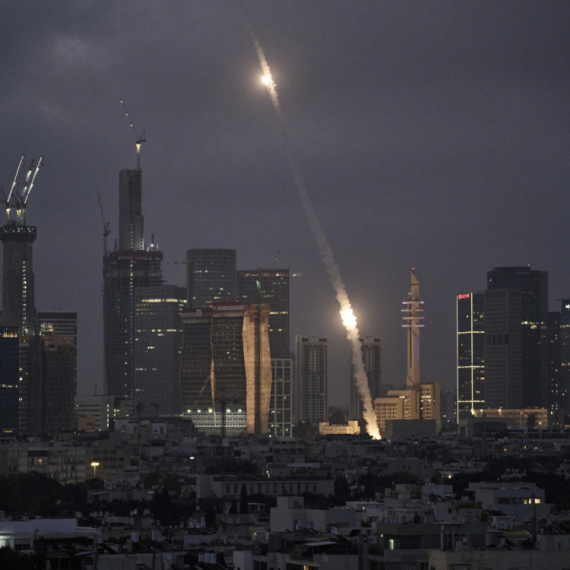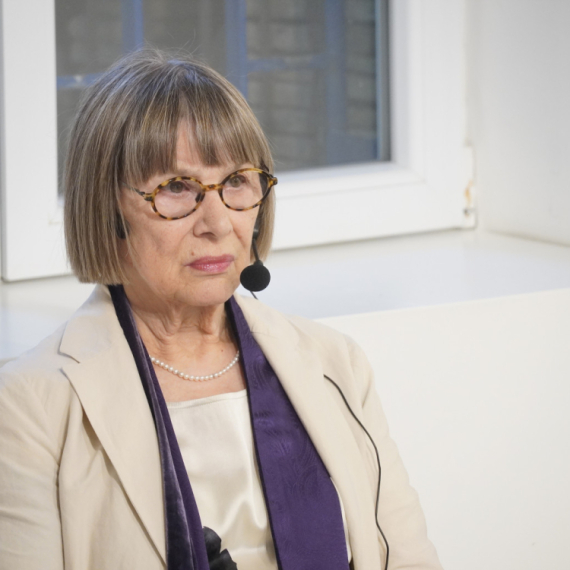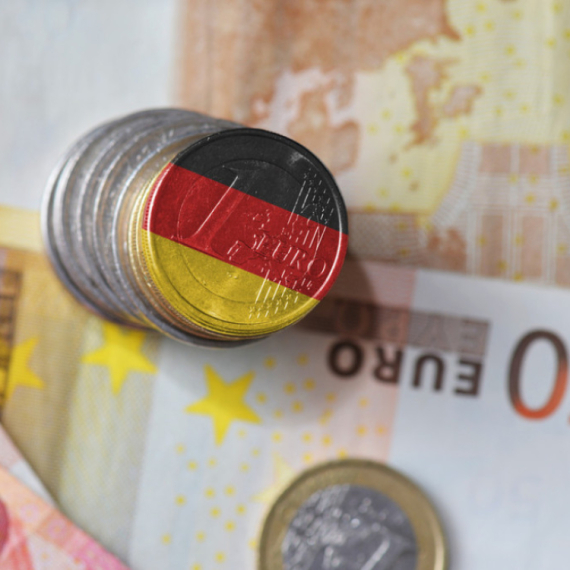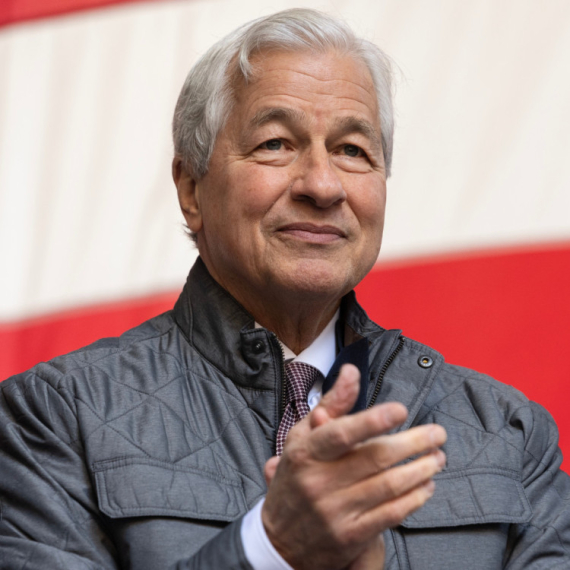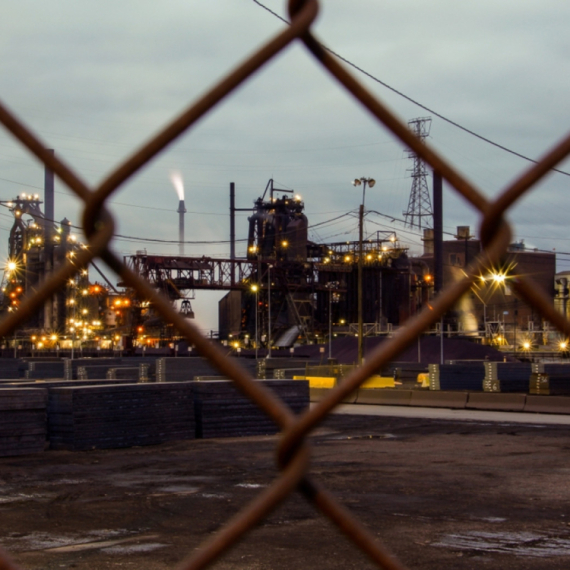The World Bank has downgraded its global economic growth forecast to 2.3% for this year, marking the slowest growth since the 1960s. The slowdown is attributed to trade tensions, particularly tariffs imposed by the Donald Trump administration, which have caused market uncertainty and reduced investor confidence. The bank warns that further tariff increases could further slow global trade and trigger broader economic issues, but it does not foresee a global recession, estimating the probability at less than 10%. This forecast comes amid escalating trade conflicts between the US and China, as well as geopolitical tensions that further impact economic stability.
Political Perspectives:
Left: Left-leaning sources emphasize the negative impact of protectionist trade policies, particularly those introduced by the Trump administration, on global economic growth. They highlight the risks of rising tariffs and trade wars, and often criticize the destabilizing effects of such policies on global markets and working-class populations worldwide.
Center: Centrist sources focus on the factual economic forecasts provided by the World Bank, acknowledging the slowdown in global growth due to trade tensions and tariffs. They present a balanced view, noting the risks but also the resilience of the global economy, and the relatively low probability of a global recession. They emphasize the importance of diplomatic trade negotiations to stabilize markets.
Right: Right-leaning sources may emphasize the role of the Trump administration’s trade policies as necessary measures to protect domestic industries and address unfair trade practices, while acknowledging short-term market uncertainties. They may downplay the risks of recession and highlight the strength and stability of key economies like the US and China, focusing on long-term benefits of renegotiated trade agreements.











